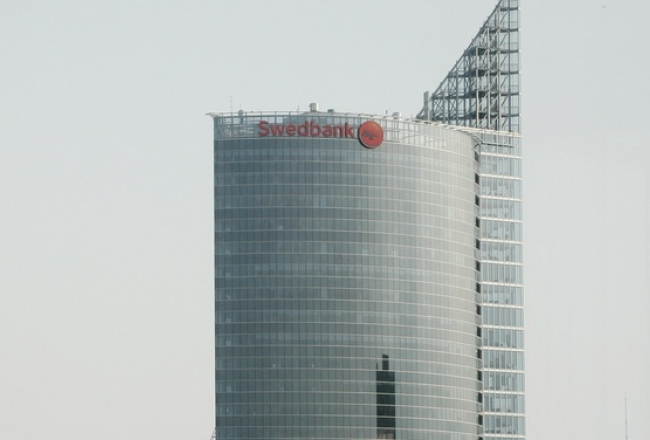
Rūta Kalmuka, F64
Politicians still have job to do to make Latvia competitive
According to a press release, issued by the Ministry for Foreign Affairs, the Latvian Foreign minister Aivis Ronis made some rather interesting comments at a lunch, organised by the American Chamber of Commerce. Apparently Ronis severely criticized the Swedish government in relation to the Swedish banks? activities in Latvia.
I find it most regrettable that Mr Ronis has drawn such a conclusion, particularly as Sweden has been so supportive to Latvia on the ground and not just with comments through the media. As a Swede, who has been living in Latvia since 1993, believing Sweden has assisted the country, not the least through being the biggest investor nation (if you include ''Swedbank'' Estonia?s ownership of ''Swedbank Latvia'' and ''TeliaSonera''?s ownership in LMT via its Danish subsidiary), I am very disappointed that someone in Mr Ronis? position could make such remarks.













